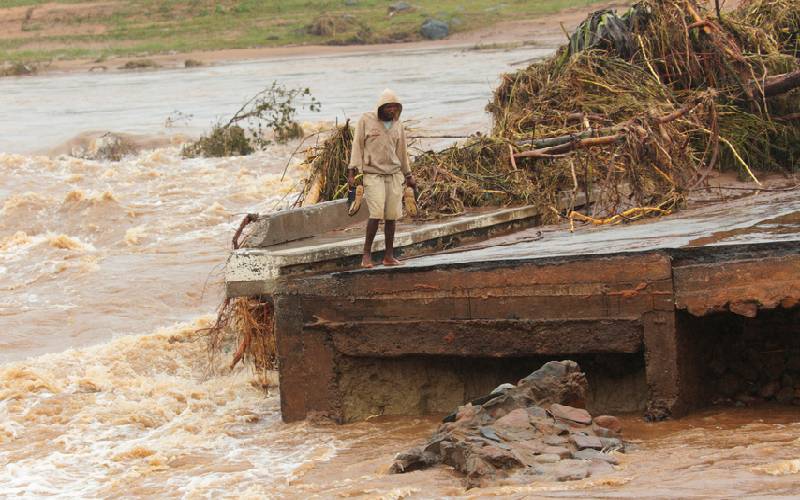
Climate change is here, and it is here to stay. We can all already feel its dramatic consequences every day. Each year, the drought’s severity increases. The earth becomes drier. The Sahara expands. Animals perish because they cannot find food or water.
It is interesting to see that the problem might be part of the solution. The climate change we see today is man-made. Only mankind could have created the incredible levels of carbon dioxide which is responsible for the heating of the planet. What’s more, as the world becomes more developed and globalised, the levels are increasing. Thus, globalisation and industrialisation go hand in hand.